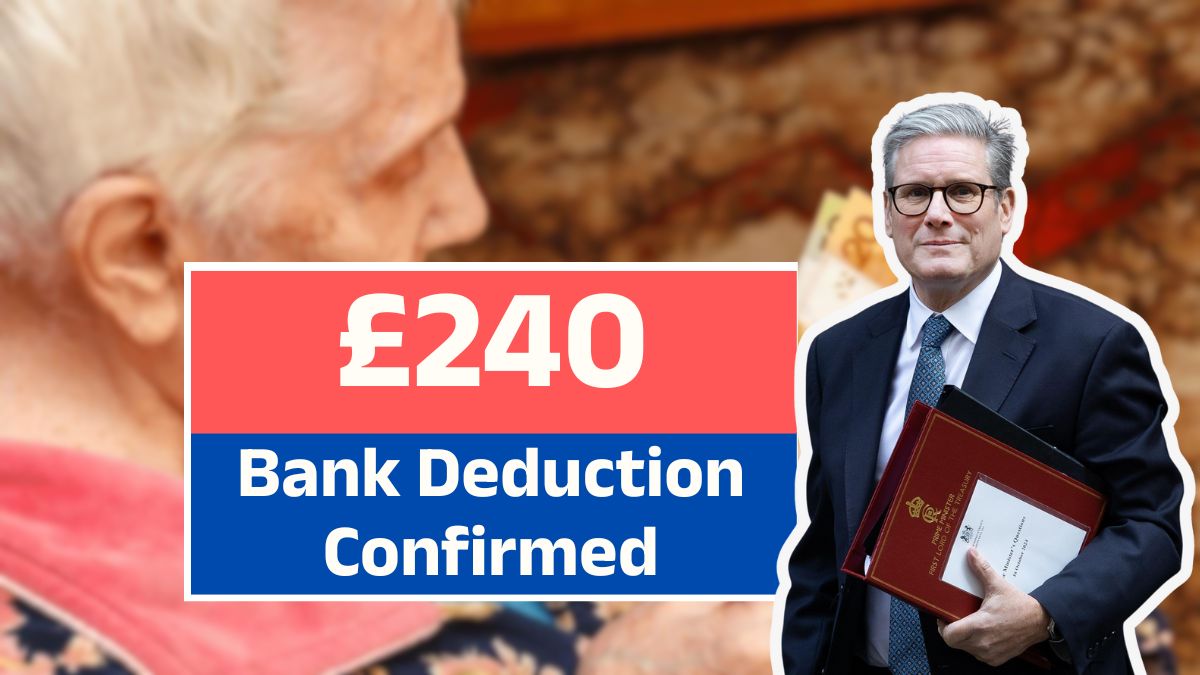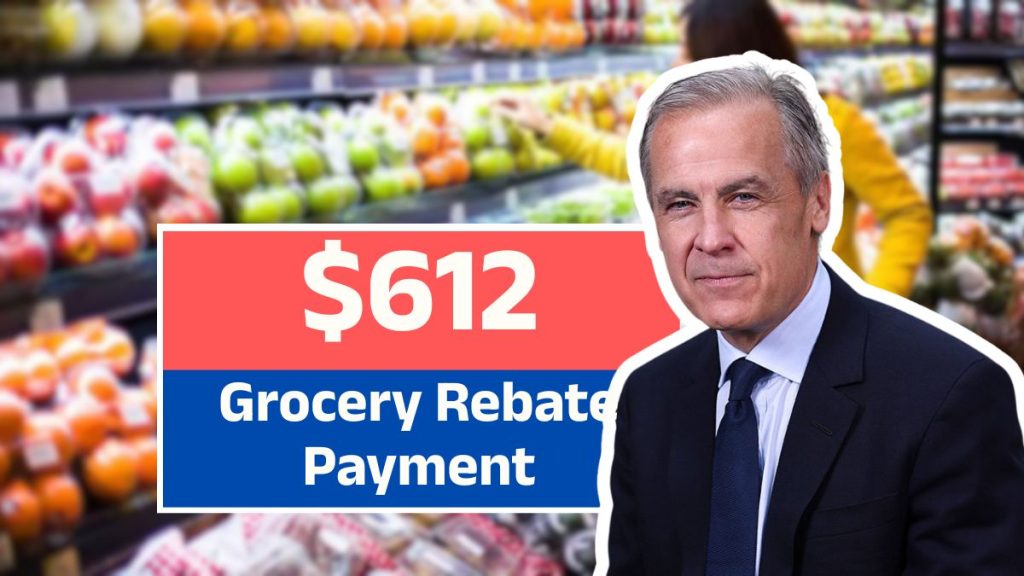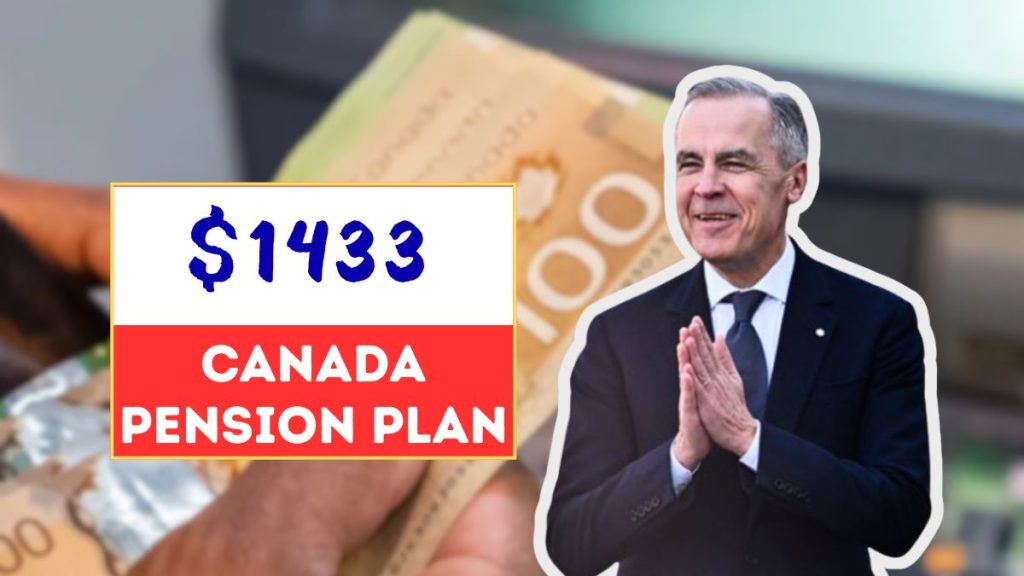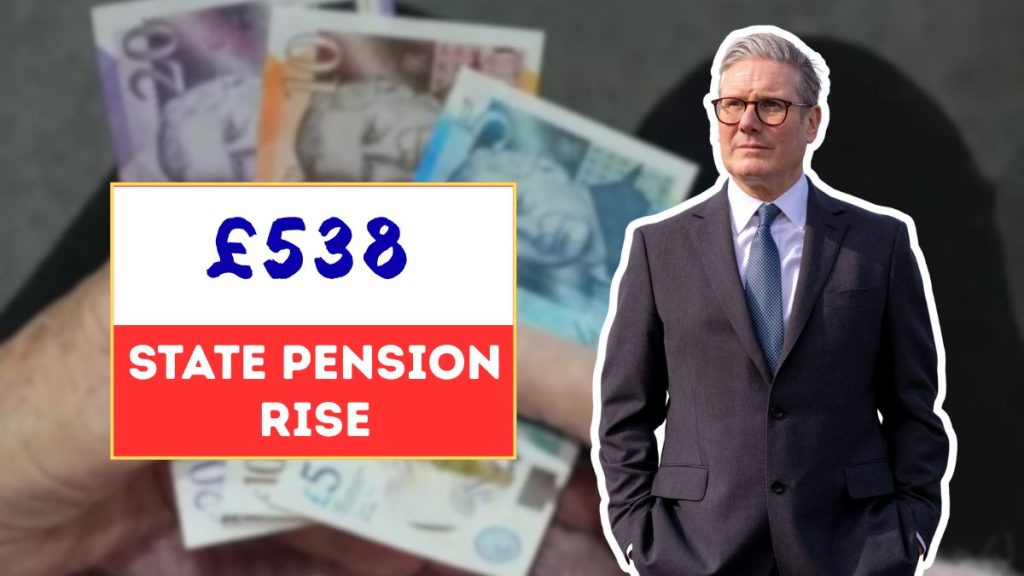The new HMRC £240 deduction takes effect on 6 October and will apply only to specific cases based on income, savings, or recent changes in circumstances. It is not a blanket charge for all pensioners. Understanding the trigger points, the appeal routes, and how to check your status can prevent surprises on your bank statement.
Why October matters for pension finances

Early October is when many tax and benefits adjustments go live. Aligning this deduction with the administrative calendar allows HMRC to reconcile underpaid tax or contribution discrepancies before the winter period, when household costs typically rise.
How the £240 deduction works (mechanics of the rule)
HMRC can apply a single £240 deduction directly to the bank account used for pension or benefit payments if records show underpaid amounts linked to savings interest, untallied allowances, or taxable “extras” such as rental or dividend income. This is an automated correction, reflected as a one-off debit and reconciled in your tax record.
Who is most likely to be affected (profiles)
- Pensioners with additional allowances not updated: Where marriage allowance, blind person’s allowance, or other reliefs were misapplied or not refreshed.
- Those receiving both state benefits and extra income: E.g., State Pension plus a small private pension, savings interest, or rent.
- People with recent life changes: Inheritance, property sale, new annuity, matured savings bonds, or backdated payments.
Not everyone will be charged. Pensioners on the basic State Pension with no extra taxable income are unlikely to see the deduction.
Why HMRC says the change is necessary
The revenue authority argues that small underpayments often slip through because savings interest and minor income sources are missed or reported late. An automatic correction avoids larger arrears later, prevents multi-year back payments, and standardises treatment across similar cases.
What the deduction means for monthly budgeting
A £240 hit in one month can disrupt cash flow—direct debits, rent, utilities, or winter fuel top-ups may be affected. Building a cushion and reshuffling bill dates (where possible) can limit knock-on charges such as overdraft fees or late-payment penalties.
How to check if you’ll be charged (three reliable routes)
- HMRC personal tax account: Log in and review your “Payments and repayments,” “Tax code,” and “Estimated income” sections.
- Official letters: HMRC notices outline the reason, amount, and date. Keep the envelope and letter for references or appeals.
- Telephone support: Call HMRC with your NI number and recent bank details handy for identity checks and case notes.
What to do if you are affected (practical steps)
1) Rebuild your budget: Prioritise rent/mortgage, council tax, utilities, and food. Consider moving optional payments to later in the month.
2) Talk to providers: Energy firms, water companies, and councils can arrange payment plans; note the one-off nature of the £240.
3) Correct HMRC records: Update interest totals, private pension figures, and any new income sources to forestall future corrections.
4) Seek advice: Citizens Advice, Age UK, or a regulated adviser can review your tax code and allowances.
5) Keep evidence: Interest statements, dividend vouchers, rental schedules, and benefit letters support any challenge or query.
How this may interact with benefits (ripple effects)
- Pension Credit: If HMRC’s data shows higher income, small adjustments could follow. Always report changes promptly.
- Council Tax Support: Local schemes may reassess if taxable income has shifted.
- Other allowances: Carer’s Allowance, Attendance Allowance, or disability-related benefits are not taxable but check if linked income evidence is needed for records.
Understanding why some pensioners are targeted and others are not
The system focuses on where HMRC’s records don’t match bank-reported interest or declared additional income. If your only income is the State Pension and you have no taxable savings or investment income, a deduction is unlikely.
Avoiding unnecessary stress (pre-deduction checks)
Review bank balances a week before 6 October; consider a small float for direct debits. Check if a regular saver bond matured recently or if your bank moved you to a higher-interest product—either can push you over tax-free thresholds.
What if the deduction appears to be wrong?
You can query or appeal. Call HMRC with the letter reference and NI number, request a breakdown of the calculation, and ask for a hold if essential bills are at risk. Keep a call log (date, time, adviser name, case note number).
How tax-free thresholds and allowances come into play
- Personal savings allowances can shelter interest up to a point, but higher rates and larger balances may breach them.
- Dividend and property income must be counted in full for tax purposes.
- Marriage Allowance and other reliefs need re-confirmation when circumstances change (bereavement, separation, or income shifts).
Common triggers that pensioners often overlook
- New fixed-term savings matured and rolled into higher rates.
- Backdated pension payments posted after a recalculation.
- A small rental arrangement (e.g., lodger income) that becomes taxable.
- Cash ISAs transferred incorrectly (unlikely taxable, but reporting errors can prompt checks).
Planning ahead if you live on a tight budget
- Ring-fence essentials: Set up a bills-only account so one-off shocks don’t bounce priority payments.
- Arrange a breathing space: Speak to banks about temporary overdraft terms; inform them a one-off HMRC debit is due.
- Use local schemes: Household Support Fund or welfare assistance may help with fuel or emergency food costs.
Community and charity help that actually moves the needle
- Citizens Advice: Tax code checks, budgeting help, and benefit entitlements.
- Age UK: Specialist pensioner advice lines, form-filling support.
- Local councils: Discretionary hardship funds, energy vouchers, or council tax relief reviews.
How to keep your HMRC profile clean (and avoid future deductions)
- Update every change: New bank interest, small pensions, rental income—report swiftly.
- Annual habit: Each spring, download interest/dividend summaries and compare with HMRC records.
- Keep digital copies: One folder for tax year documents helps resolve queries within a single call.
Why HMRC chose an automatic approach (policy logic)
Automation reduces admin bottlenecks and prevents multi-year back bills that can reach hundreds of pounds. A standardised £240 correction is simpler to apply, quicker to process, and—crucially for HMRC—cheaper to collect than bespoke repayment plans.
Concerns from pensioner groups (and what they want changed)
Advocacy groups highlight poor communication and want clearer pre-notice windows, softer handling for vulnerable customers, and simpler dispute routes. They also urge HMRC to flag at-risk accounts sooner—before a deduction lands.
If you rely only on the State Pension
Most single-income State Pension recipients will not be affected. Still, check your tax account if you’ve opened higher-interest savings or received any lump sum in the past year.
What to watch for on your bank statement
The entry may include a reference indicating HMRC or tax correction. Cross-check the amount and date with any HMRC letter. If there’s no letter and the code looks unfamiliar, contact your bank and HMRC the same day.
What happens after the deduction posts
Your online HMRC account should show an updated balance. Keep the confirmation screen or letter for your records. If a later recalculation finds the amount was wrong, HMRC can issue a refund or offset in-year.
Practical example (how a small change triggers the £240)
A pensioner with State Pension plus a modest private annuity opens a 1-year fixed bond last autumn. Rates jump, interest tips them over the savings allowance, and a small underpayment accrues. Rather than issue an arrears bill later, HMRC applies the £240 one-off deduction in October to settle the shortfall.
Safeguards if you’re vulnerable or on the edge financially
If the debit would cause severe hardship (missed rent, heating, or food), call HMRC to request a temporary hold or time-to-pay arrangement. Have evidence ready: benefit letters, bank statements, and bill schedules.
How this ties into wider tax housekeeping
October adjustments often precede winter benefits activity and April uprating exercises. Tidying underpayments now keeps the system aligned for the spring tax-year refresh.
Bottom line: plan, check, and act early
The £240 deduction is targeted, not universal. Most surprises stem from unreported interest or recent financial changes. A quick check of your HMRC account and bank statement—plus early budgeting moves—can keep your finances steady through October.
(5) Frequently Asked Questions (FAQ)
1) Does the £240 deduction apply to all pensioners?
No. It targets specific cases where HMRC records show underpaid amounts linked to savings interest or additional taxable income. Pensioners who rely only on the State Pension are generally unaffected.
2) How will I know if I’m being charged?
You should receive an HMRC letter, and your personal tax account will show the correction. Keep an eye on your bank statement around 6 October for a one-off debit.
3) Can I challenge the deduction if it looks wrong?
Yes. Contact HMRC with your NI number and the letter reference. Request a calculation breakdown and ask for a hold if the charge risks priority bills.
4) Will this affect my Pension Credit or other benefits?
It can prompt small reassessments if HMRC records reflect higher taxable income. Report any changes promptly, and seek advice from Citizens Advice or Age UK.
5) What can I do now to avoid future deductions?
Update HMRC whenever savings interest, private pension income, or rental income changes. Check your tax account annually, keep documents, and ensure allowances (e.g., Marriage Allowance) are current.













